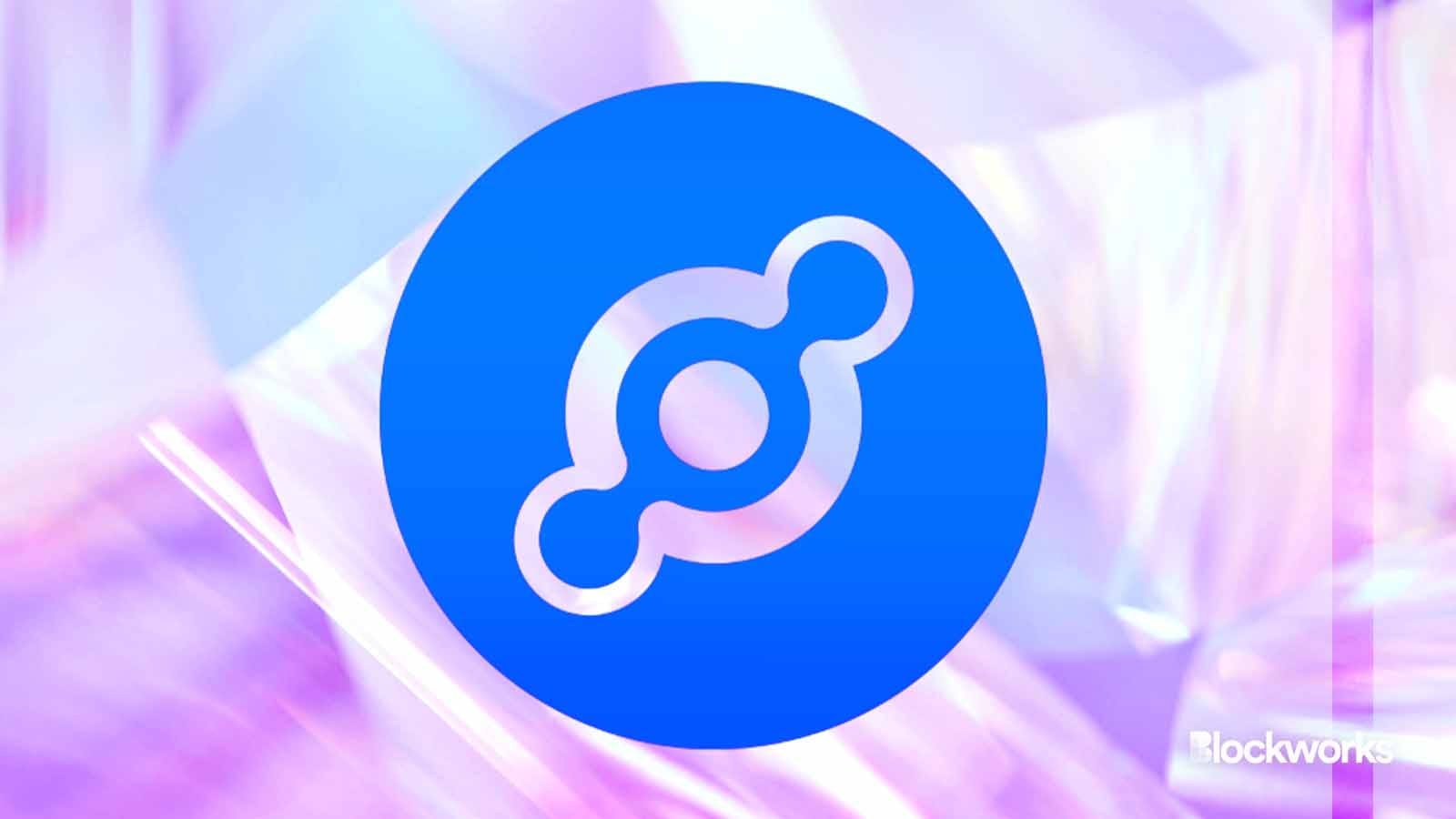Unlimited Helium Mobile cell plan goes nationwide for $20 a month
Nova Labs will hope to grow Helium’s hotspot network to reduce backup coverage costs paid to T-Mobile

Helium and ganjalex/Shutterstock modified by Blockworks
Since its 2019 launch, the Helium Network has used tokens to reward individuals deploying nodes via its growing decentralized wireless network. On Tuesday, the network’s developer announced that users throughout the US can now tap into unlimited data, talk and text for $20 per month through cell service provided by Helium Mobile in tandem with T-Mobile.
Nova Labs, the company behind the Helium Network, has been building to the nationwide phone plan launch since partnering with T-Mobile in Sep. 2022. But the milestone comes with the question of how Nova Labs can generate revenue from the notoriously unprofitable Helium Network.
The Helium Network is designed for individuals to run hotspot nodes from their homes or businesses in exchange for rewards paid out in Solana-based MOBILE tokens. Currently, Nova Labs offers a hybrid cell service where users connect via its decentralized network, and T-Mobile takes over anytime Helium hotspots can’t provide coverage.
Read more: For $5 a month, crypto now has your cell plan covered
T-Mobile charges for the backup coverage, so Nova Labs has a strong incentive to grow its hotspot network. The company has its work cut out for itself however: Helium coverage is strongest in major cities, and even then, the node network is currently spotty.
 Helium Mobile coverage in New York City (Source: Helium Mobile Coverage Planner)
Helium Mobile coverage in New York City (Source: Helium Mobile Coverage Planner)
Nova Labs isn’t aiming to blanket the US in cellular coverage though, according to Boris Renski, general manager of wireless at Nova Labs.
“All we need is to cover 3% or even less of the geographic area where data is used the most and this will result in more than 50% of the T-Mobile traffic actually shifting to the Helium network,” Renski said.
Blockworks previously reported that Nova Labs applied similar logic to its cellular network deployment in Miami. There, plans are currently $5 per month, and the company loses money on every new subscriber. The Helium Network pays out boosted rewards to coverage providers in high-traffic areas in Florida.
Though more expensive than in Miami, the nationwide price of $20 per month still makes the Helium Mobile phone plan much less expensive than what legacy cell carriers charge. Unlimited plans from T-Mobile, Nova Labs’ partner, start at $60 per month.
Renski said the discounted price is sustainable because the Helium Network’s bottom-up approach mitigates much of the overhead involved with building a cellular network. Helium hotspot owners offer their own real estate and coverage, so Nova Labs doesn’t have to buy land and pay radio installation companies to put up cell towers, Renski said.
Nova Labs will also begin selling outdoor mobile hotspots, priced at $499 apiece. The company released $249 indoor hotspots in October.
Get the news in your inbox. Explore Blockworks newsletters:
- The Breakdown: Decoding crypto and the markets. Daily.
- 0xResearch: Alpha in your inbox. Think like an analyst.






